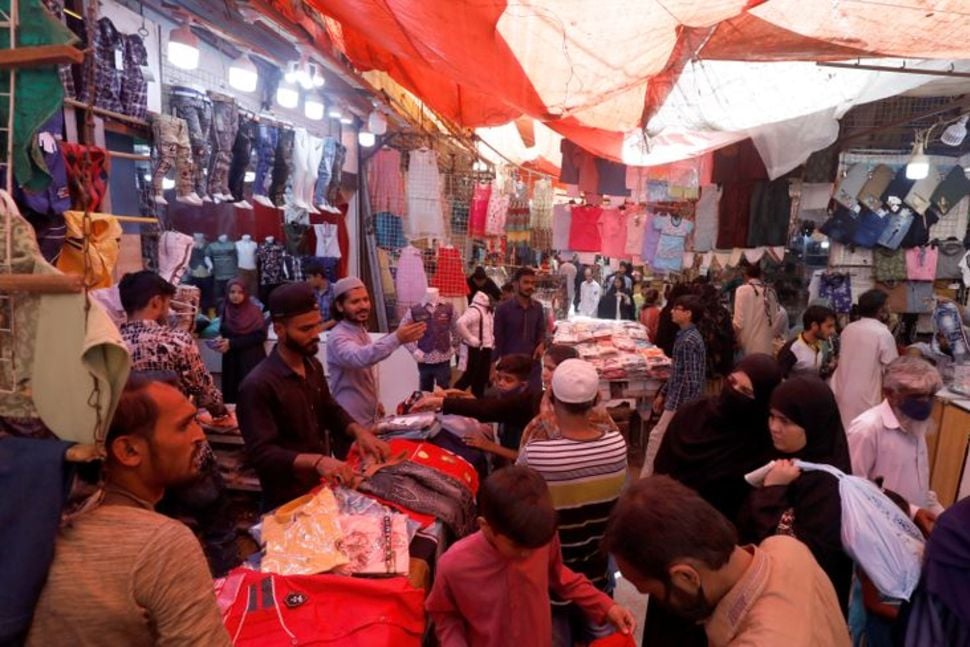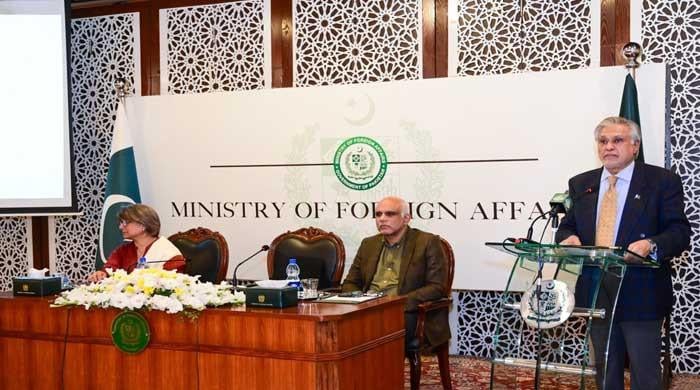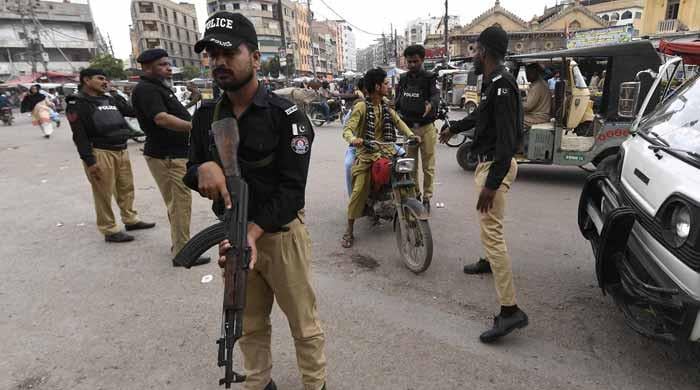1 in 6 Pakistanis believe they are safe from COVID-19 without preventive measures: study
'The casual attitude of literate Pakistanis to preventive measures and the risk of contracting the disease is concerning'
July 30, 2020

A joint study conducted by the Aga Khan University (AKU) and The Chinese University of Hong Kong has found that that one in six Pakistani adults or 17% believe that they are safe from the coronavirus even if they don’t take any preventive measures.
The research which surveyed 1,406 adults in Pakistan over the first two weeks of May compared the results of its study with a similar study in Hong Kong. Hong Kong, which has recorded just 2,770 cases and 22 deaths in six months, is widely regarded as a COVID-19 containment success story.
In contrast, data collected in May showed Pakistan’s rate of infections per 100,000 people at 137 against Hong Kong’s 33, while Pakistan’s fatality rate per 100,000 was also three times higher at 21 despite imposing wide-ranging lockdowns across the country.
According to researchers from AKU’s Department of Community Health Sciences, Pakistanis were less concerned about complications from coronavirus and believed that they were more likely to survive the virus than those surveyed in Hong Kong. Only 41% of Pakistanis rated coronavirus symptoms as being very severe as compared to 97% of respondents in Hong Kong.
When asked about their chances of surviving the disease, nearly seven out of 10 Pakistanis or 68% believed they had a high or very high chance against just 36% of respondents from Hong Kong.
Researchers suggest that such perceptions about the risk of contracting the virus and its complications contribute to preventive behaviour such as wearing face masks which have been made mandatory in Hong Kong.
Similarly, Pakistanis were also less likely to seek out information on preventive measures and on how to detect virus symptoms than their counterparts in Hong Kong. “The casual attitude of literate Pakistanis to preventive measures and the risk of contracting the disease is concerning,” said Prof Fauziah Rabbani, the study’s principal investigator and associate vice provost for research at the AKU. “We need to be more cautious and attentive to preventive measures especially during the Eid holidays so that we can continue to contain the disease.”
When it comes to trusting the government with the information provided, Pakistanis were found to be more trusting of its government. Nearly eight out of 10 Pakistanis or 79% rated government information as being very reliable compared with just 16% of the people in Hong Kong.
“In Hong Kong citizens took charge of the pandemic as they didn’t trust the government,” Prof Rabbani said. “Pakistanis are fortunate to have proactive government campaigns about mask use and physical distancing but remain reluctant to follow these measures.”
In gender-wise data, Pakistani men had a lower risk perception of COVID-19 compared to women.
Only 71% of men avoided going out in contrast to 87% of women during the government imposed lockdown. Moreover, 62% of women reported experiencing symptoms of anxiety compared to 50% of men.
Men in Pakistan preferred to acquire information about the pandemic from their family and friends, while women in the country viewed information from doctors as being more reliable.
Researchers noted that in both countries, seven out of 10 citizens were reluctant to go to hospitals or clinics.









